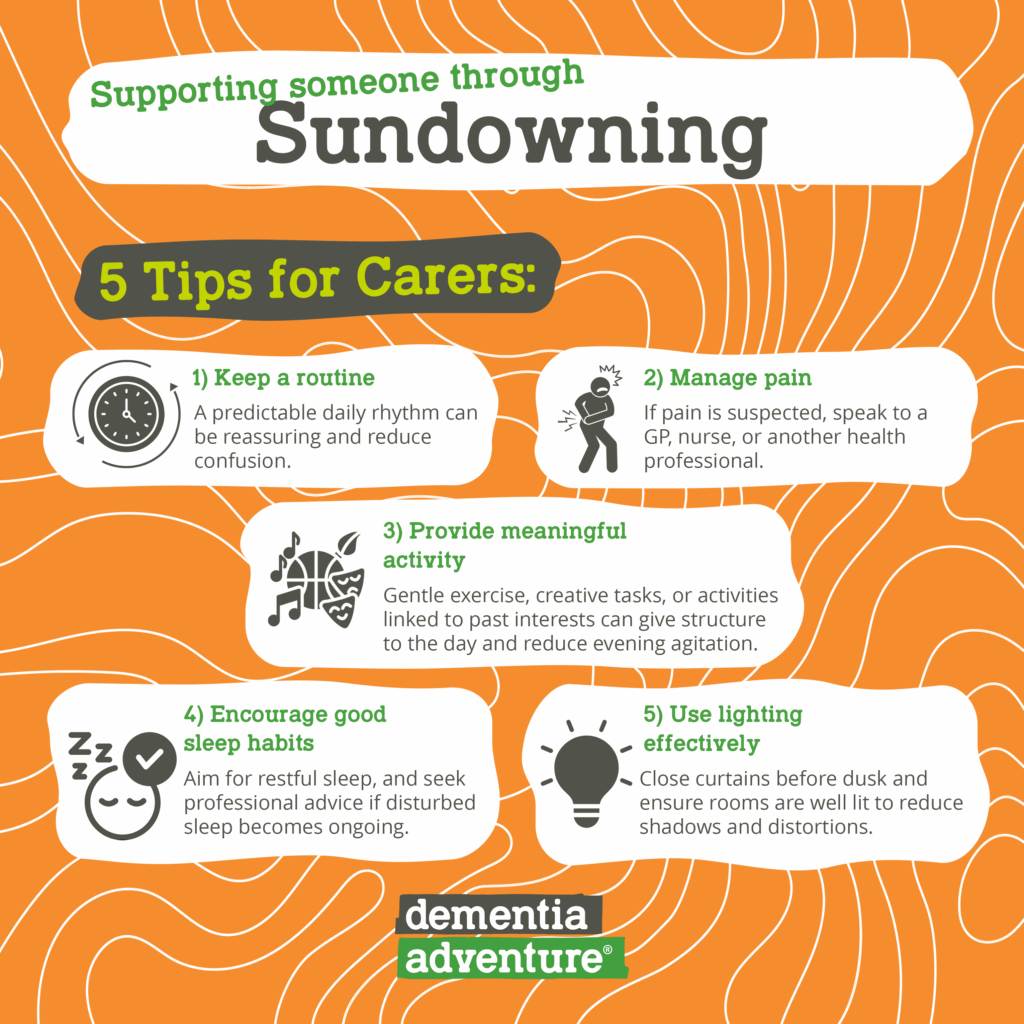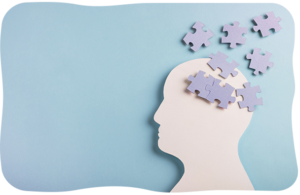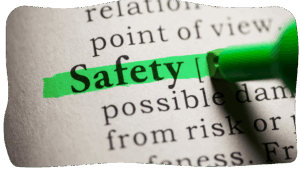If you support someone living with dementia, you may have noticed that their behaviour changes as the day goes on. Many carers describe evenings as particularly challenging, with their loved one becoming more restless, confused, or unsettled. This pattern is often called sundowning.
What is sundowning?
Signs you might notice
-
Seem unusually agitated or anxious
-
Pace around or appear restless
-
Express a strong desire to “go home” even when they are already at home
-
Call out for relatives who have passed away
-
Want to find a particular person or place
-
Leave the house unexpectedly
-
Show suspicion or paranoia
-
Struggle to recognise familiar surroundings
-
Experience more frequent hallucinations
The impact on carers
Evenings can be exhausting. As a carer, this might be the time when you’re also feeling worn out, trying to make dinner, helping children with homework, or juggling other responsibilities. Facing a loved one’s increased distress on top of your own fatigue can feel overwhelming. It’s important to acknowledge that sundowning doesn’t just affect the person with dementia — it places a real emotional and physical strain on those providing care.
Why does sundowning happen?
-
Body clock changes – Dementia can disrupt circadian rhythms, the internal “clock” that tells our bodies when to wake, rest, and sleep.
-
Temperature shifts – Our body temperature naturally rises in the evening, and changes in regulation may contribute to discomfort.
-
Light levels – Shorter days and lower light can make it harder for someone with dementia to interpret their surroundings, sometimes mistaking shadows or shapes for something frightening.
-
Hunger and low blood sugar – Being tired, hungry or thirsty can affect mood and behaviour, just as it does for anyone else.
-
Pain – Aches or discomfort (especially before medication is due) can become more noticeable later in the day.
-
Boredom – Without enough meaningful activity, evenings can feel empty or unsettling, particularly for those used to busy routines.
-
Lack of activity: When the day doesn’t include enough meaningful activity, restlessness and agitation can build up by evening.
-
Limited exposure to natural daylight: Not spending time in natural light can disrupt the body’s internal clock, making late afternoons and evenings more confusing.
-
Overstimulation: Too much noise or activity during the day can overwhelm someone with dementia, leading to increased distress as the day winds down.
Supporting someone through sundowning
-
Keep a routine – A predictable daily rhythm can be reassuring and reduce confusion.
-
Encourage good sleep habits – Aim for restful sleep, and seek professional advice if disturbed sleep becomes ongoing.
-
Manage pain – If pain is suspected, speak to a GP, nurse, or another health professional.
-
Use lighting effectively – Close curtains before dusk and ensure rooms are well lit to reduce shadows and distortions.
-
Provide meaningful activity – Gentle exercise, creative tasks, or activities linked to past interests can give structure to the day and reduce evening agitation.
Final thoughts
Sundowning can be one of the most testing aspects of caring for someone with dementia. Understanding why it might be happening, and experimenting with strategies to ease it, can make evenings a little calmer for both the person living with dementia and those supporting them.
You can learn more about Sundowning in this Unpacking Dementia session:
Enjoyed the Unpacking Sundowning live session? Check out these helpful links from Ruth and Joanna.
Ruth:
Joanna:









